DH Rewind
+
A New Deal for Who?
Tech Concerns?
Slack
Make sure notifications are turned on!
Always check #assignments and #question channel if you have questions
Wordpress
Tutorial in course Dropbox folder (DigHistF2019)
Google is your friend!
Coming Up:
You *should* receive login emails in the next week--check spam/quarantine locker -- will troubleshoot on 9/11
Guest lecture on Mon 9/9 -- Omeka Workshop Wed 9/11
Writing for the Web:
Use clear, grammatically correct writing with good organization.
Lead with your main ideas.
Think about your audience. Assume they will read at their own pace, path, and attention span, not yours. Keep paragraphs short!
Incorporate media in creative ways. Use hyperlinks!
Avoid value judgments--it's boring, I love it--and replace with critique or analysis--it feels dated because, the use of [blank] is effective because...
Citing for the Web
Use consistent/professional citation style (Chicago, APA, etc.).
If website, no page numbers needed; if text or online article, page numbers are expected.
Use hyperlinks to connect your work with other work around the web.
You can use the Easy Footnote plugin to link between text and footnotes. Just add:
[efn_note]Adding footnotes is easy![/efn_note]
Good example: https://inclusivehistorian.com/digital-history/#_ednref5
History of Technology:
- Moves toward democratizing Information
- Technology does not have to be digital
- The book is information technology (IT)!
- Technology develops from a mixture of creativity, innovation, and state power/surveillance
- Approaches to stories and information shifts from linear/directed to multiple/user-driven narratives/arguments
- Examples: multiverse (Borges), hypertext (Project Xanadu), gaming, VR, data visualization, digital collections
- Command line --> Graphical User Interface (GUI) advances the personal computing revolution
- The World Wide Web connects the world and its information through hyperlinks (Memex + Project Xanadu)
- Web 2.0 allows users to contribute = a participatory web (Myspace, Facebook, Napster, Livejournal, etc.)
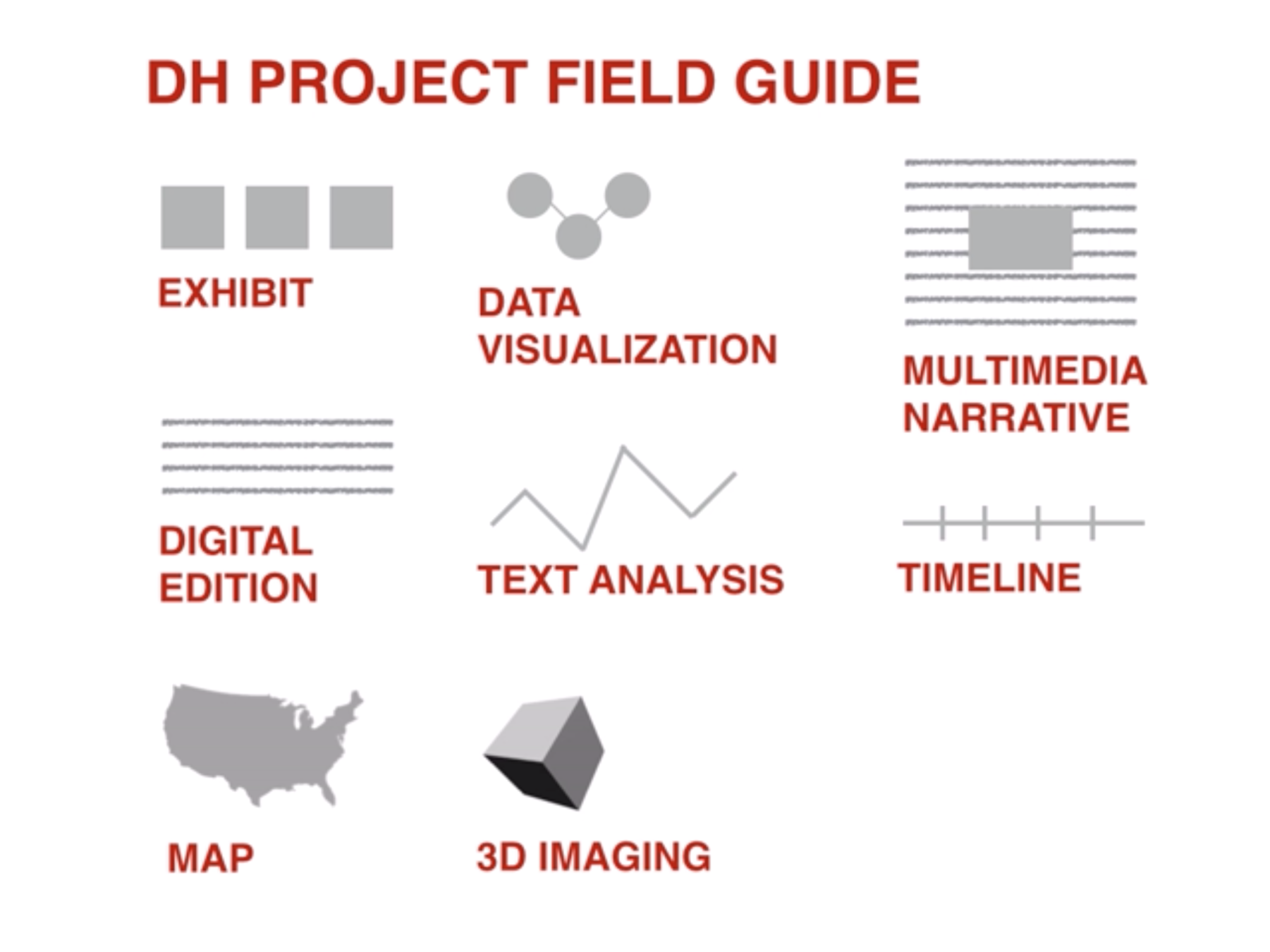
Miriam Posner's Field Guide
+ Sources, Processed, and Presented!
Miriam Posner, How did they make that?, https://archive.org/details/howdidtheymakethat
Digital History promotes...
Open source/Open access
Collaboration
New scales of analysis/publication
Open source = code freely available
Open access = content freely available
DH teams are often interdisciplinary and interinstitutional: scholars, web developers, librarians, students, the public
Use computational methods to read beyond a single source:
distant v close reading
Use web publishing to reach larger audiences:
Wordpress/Scalar, community contribution projects
Digital History promotes...
Open source/Open access
Collaboration
New scales of analysis/publication
Open source = code freely available
Open access = content freely available
DH teams are often interdisciplinary and interinstitutional: scholars, web developers, librarians, students, the public
Use computational methods to read beyond a single source:
distant v close reading
Use web publishing to reach larger audiences:
Wordpress/Scalar, community contribution projects
DH Project Analysis Debrief
Who thinks they had the strangest/most surprising/most unusual project?
Who thinks they had the most confusing project?
Let's explore: Exhibit/Collection? Multimedia Storytelling? Text Analysis? Mapping? 3D/Virtual world? Data visualization?
Other types: Crowdsourced? Sensory History? Networks?
TIPS:
Projects often overlap/fit multiple types
Can "read" URLs and Platforms to assess a project
Who thinks they had the most boring project?
Digital History On-Campus Resources
Tools: Omeka, Zotero, Tropy
Projects: Who Built America?, The Lost Museum, Mall Histories
Events: Speakers, workshops, 25th anniversary in October
Current Research in Digital History: Annual conference and digital journal
Online Guides for different digital tools
Workshops: one-on-one by appointment or scheduled on the workshop calendar
Speaker series: occasional speakers
Digital Scholarship Center: Fenwick Library, Wing 2700
Roy Rosenzweig Center for History and New Media: Fourth Floor, Research Hall
Content Resources
Digital History:
Sheila Brennan, "Digital History": https://inclusivehistorian.com/digital-history/
Great Depression:
Crash Course Youtube Series, The Great Depression: https://youtu.be/GCQfMWAikyU
Crash Course Youtube Series, The New Deal:
https://youtu.be/6bMq9Ek6jnA
Great Depression
1. Stock Market Crash of 1929
Stock market crash - 3% of Americans lose stock
Global ramifications
2. Massive Deflation
Weak banking = Credit dries up for consumer goods + farmers
Leads to massive unemployment (breadlines)
No job + no credit = less purchasing power for goods
3. Dust Bowl
Environmental catastrophe (over-farming + drought + wind storms)
Farms dried up and blew away
Colorado, Kansas, Oklahoma, Texas and New Mexico
"...the only thing we have to fear is fear itself."
--Franklin Delano Roosevelt's First Inaugural Address
March 4, 1933
Fireside Chats
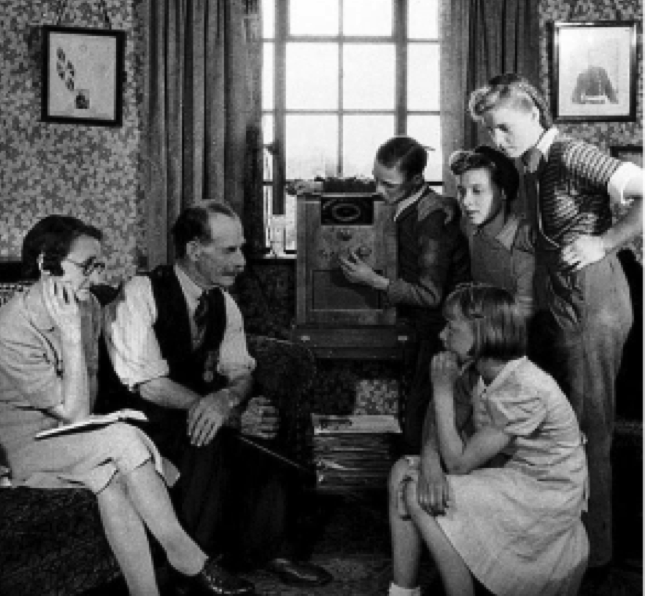
First fireside chat: March 12, 1933
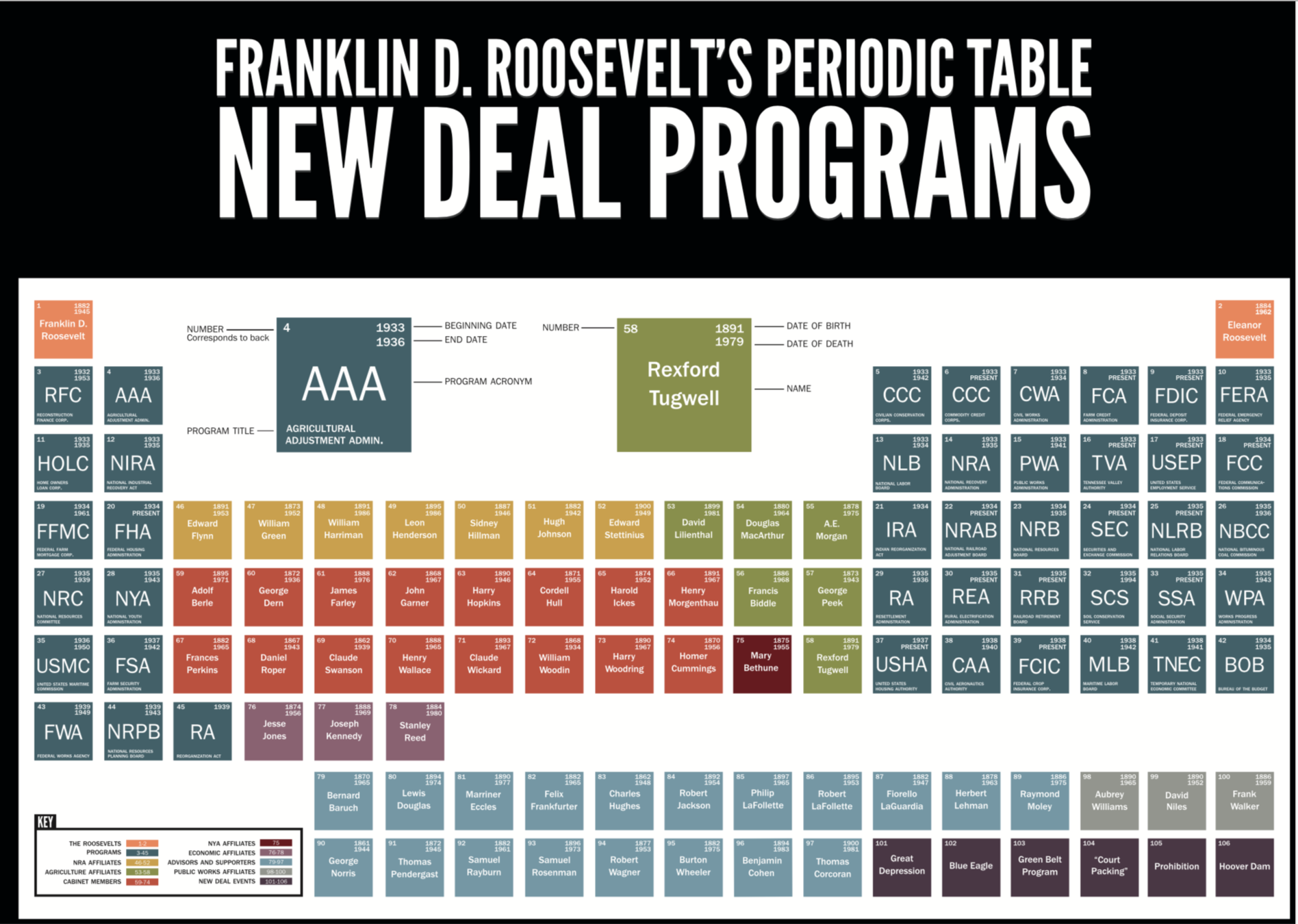
Three R's:
Relief: immediate action to stop economic deterioration
Bank Holiday, Civilian Conservation Corps (CCC)
Recovery: temporary programs to restart the consumer economy
Works Progress Administration (WPA), Tennessee Valley Authority (TVA)
Reform: permanent programs to prevent another depression
Social Security Act, FDIC (depositor insurance), Soil Conservation Act, National Labor Relations Act
Agencies -->Impact
Civilian Conservation Corps
CCC-Indian Division
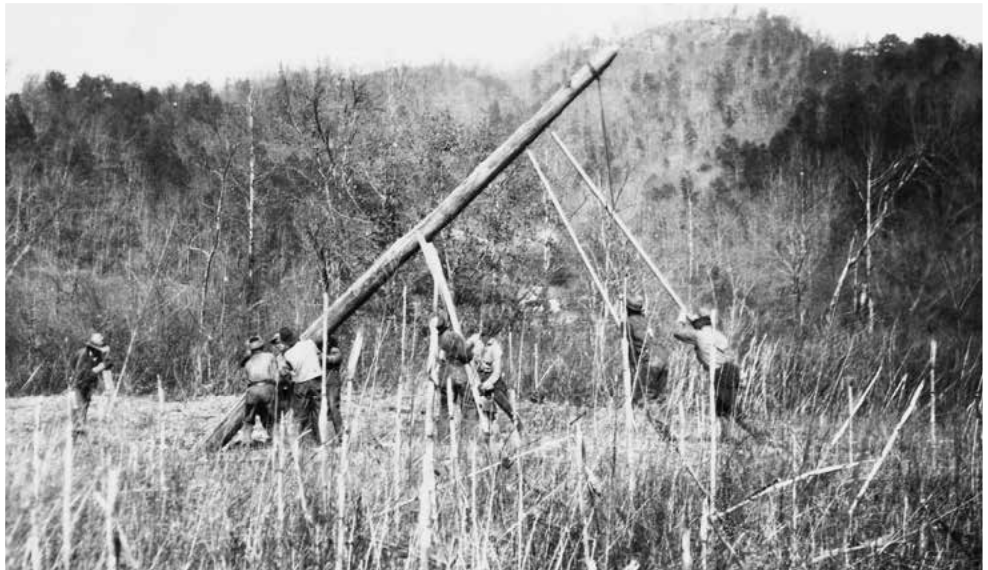
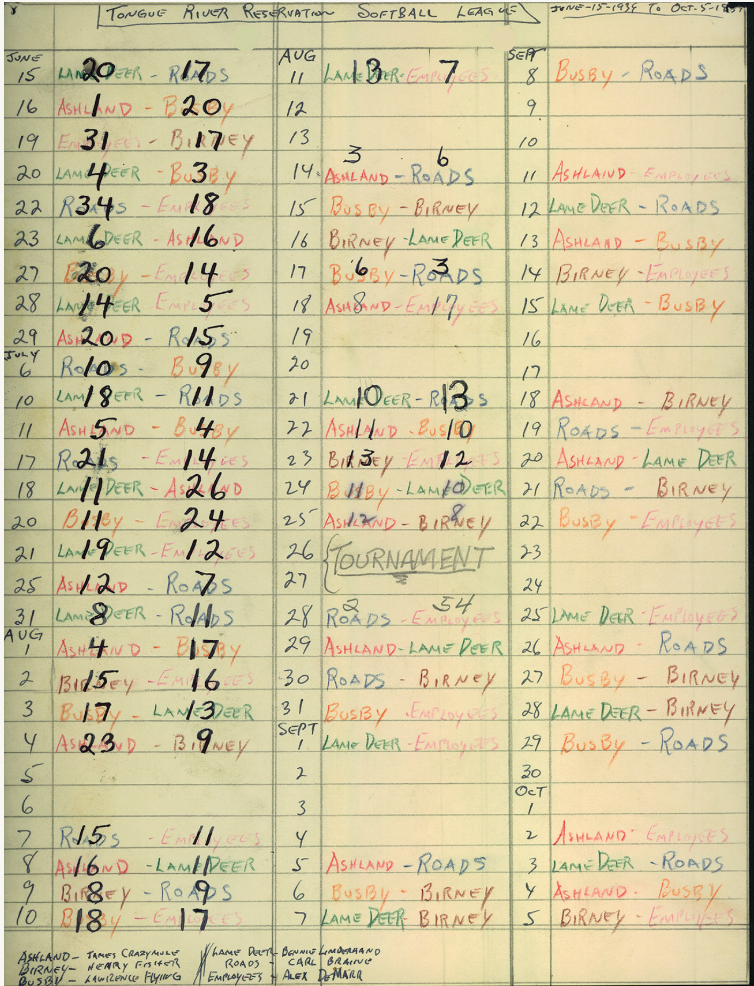
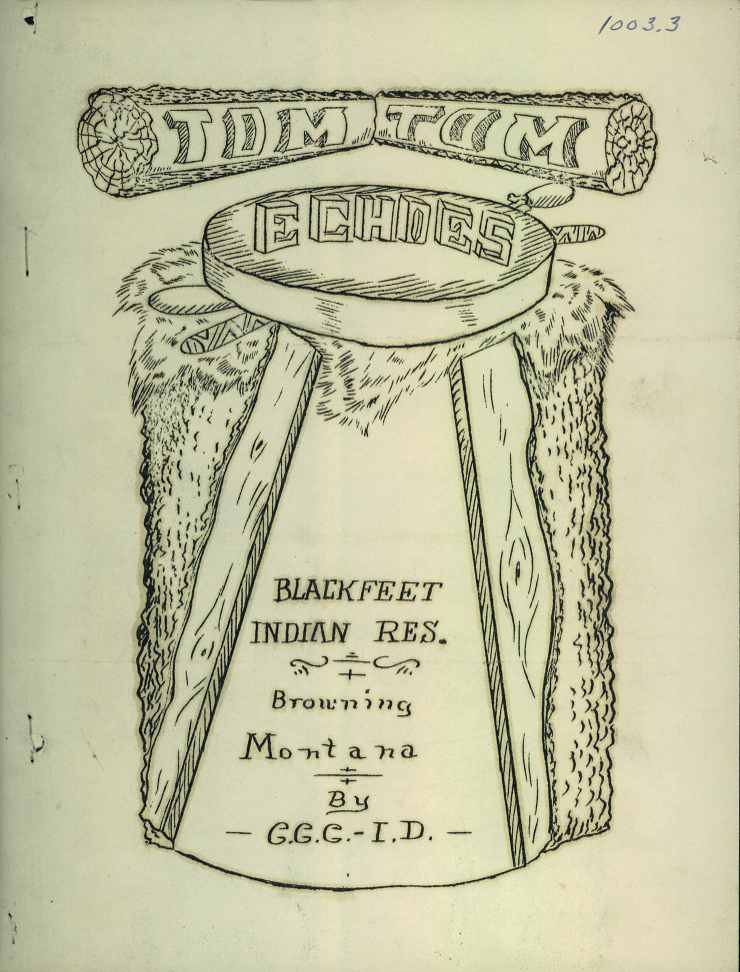
Black Americans in the CCC
A Black New Yorker Describes Life in a CCC Camp, 1935: https://herb.ashp.cuny.edu/items/show/520
Harold Ickes to Robert Fechner, 20 September 1935: https://web.archive.org/web/20150320205514/http://newdeal.feri.org/aaccc/aaccc06.htm
FDR to Robert Fechner, 27 September 1935: https://web.archive.org/web/20150320205519/http://newdeal.feri.org/aaccc/aaccc07.htm
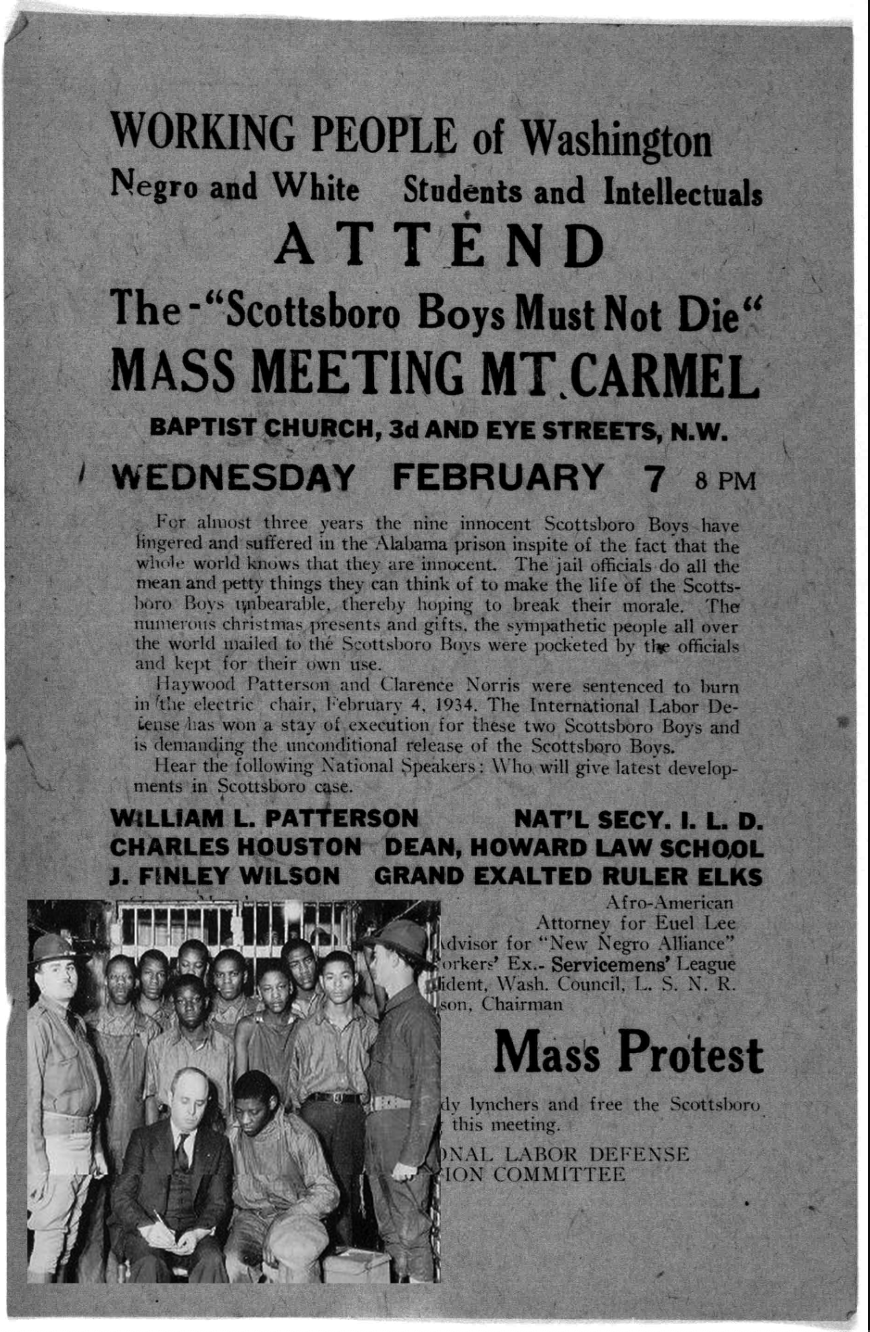
Scales of New Deal Impact
<<National>>
WPA, CCC, FERA
<<Regional>>
The West, The South, Appalachia
<<Local>>
Community, Family, Individual Experiences
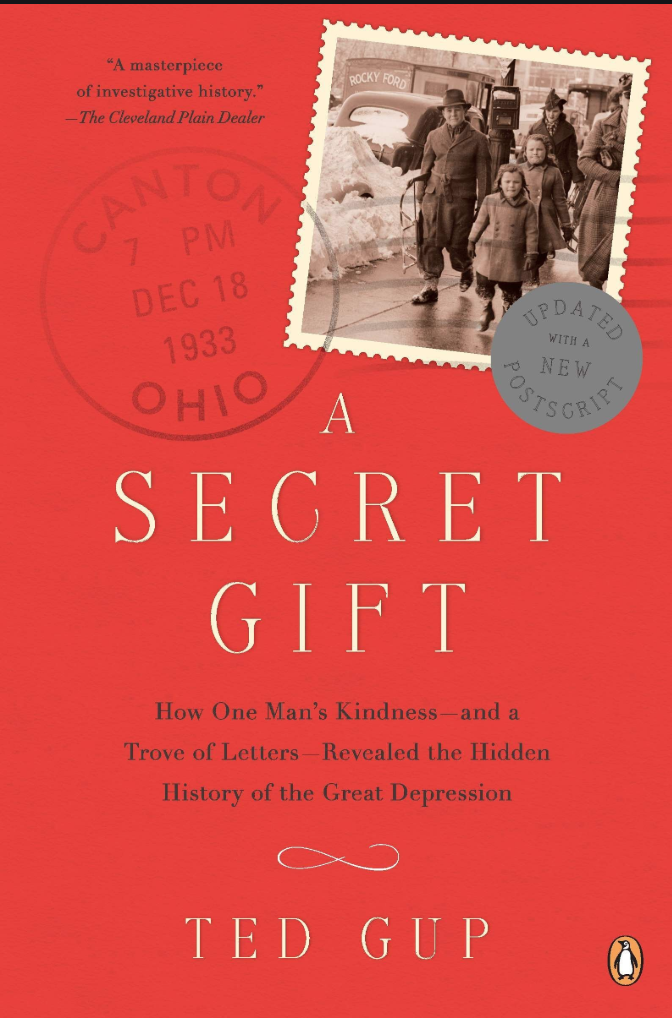
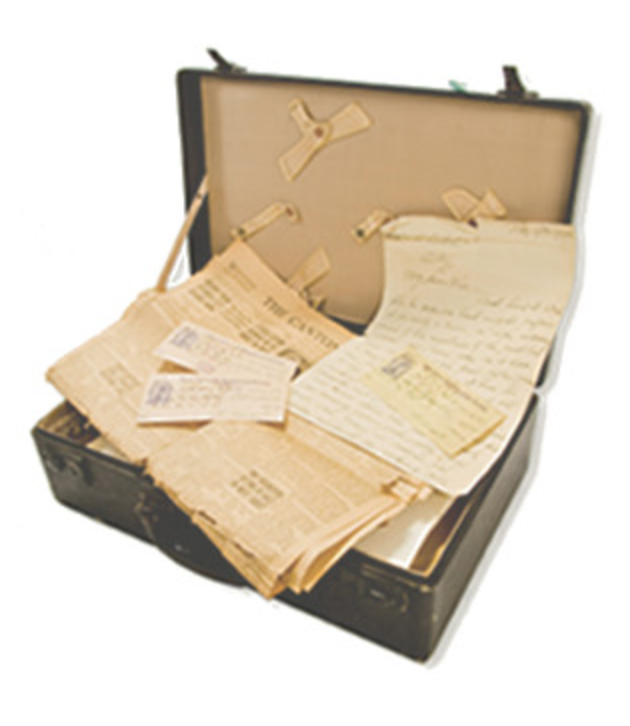
"While a steeple jack by trade not turning down digging a ditch. While some of the children needing shoes others needing clothes and unless some Good Person sends us a dinner haven't got a thing in sight. In the past three weeks had many meals on bread and coffee."
--Mary Minor to B. Virdot, 1933
DH rewind/New Deal for Who?
By jdauteri
DH rewind/New Deal for Who?
- 893



